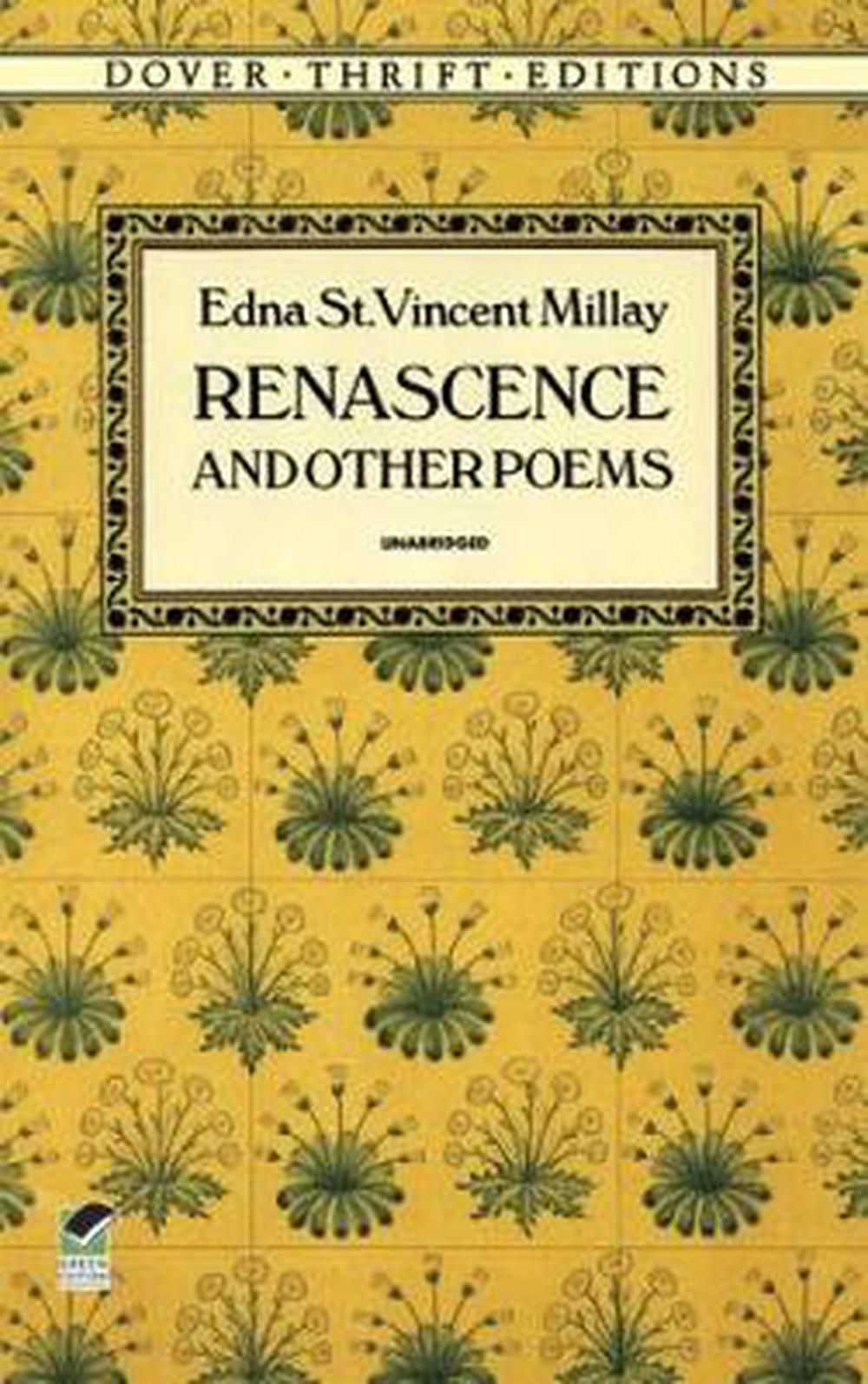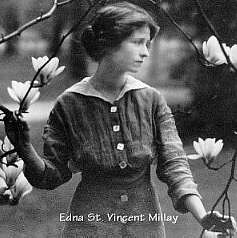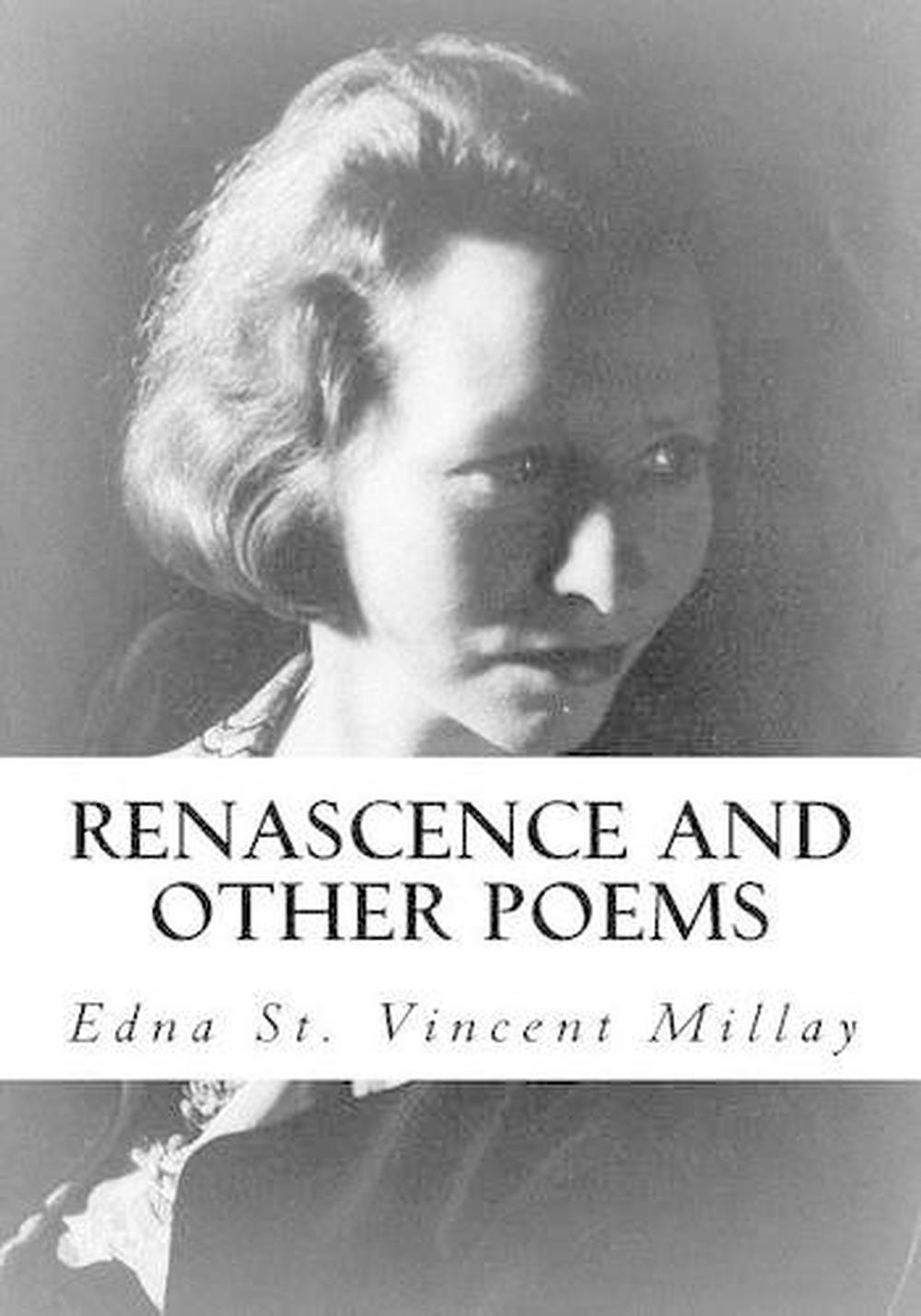

Vincent Millay (1892–1950), once the most loved and celebrated poet in America, was born and grew up in Maine, in a bookish and musical family headed by a single mother. What is it that makes some poets and poems seem candidates for immortality? What sometimes makes them targets of scorn later on? What do such questions have to do with poetry itself? Edna St. They could also use the library to find older critical works (such as Horace Gregory and Marya Zaturenska’s A History of American Poetry 1900–1940).Have students present their findings, along with Millay poems representative of the period or book to the class.- Horace, translated by Christopher Smart

Because her career was so long, you might assign students different periods, or think about specific publication moments in her career, including “Renascence” but also her more patriotic war work including the radio-play “The Murder of Lidice.” In a computer lab or at home, students might peruse back issues of Poetry to look for reviews of Millay’s work. Have students conduct a reception history of Millay’s work. But Millay herself was an incredibly popular poet, achieving a level of fame that’s difficult for us to understand now.

What sounds strange or different, or exciting and interesting, to your students? How does Millay’s reading style counter or intersect with contemporary poetry reading styles, or your students’ assumptions about them? If you have time, you could assign other poets who experimented with performance from this period, including Vachel Lindsay, Carl Sandburg, and Edith Sitwell. (If you have access to a record player and can get Millay’s 1941 Caedmon recording that’s even better).

There are a few recordings of Millay reading her work online select one and, if possible, listen to it as a class. Vincent Millay is a great poet to start a multi-lesson investigation into the history of poetry and performance.


 0 kommentar(er)
0 kommentar(er)
